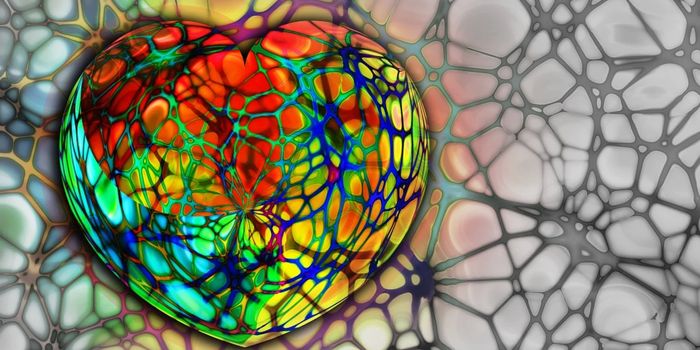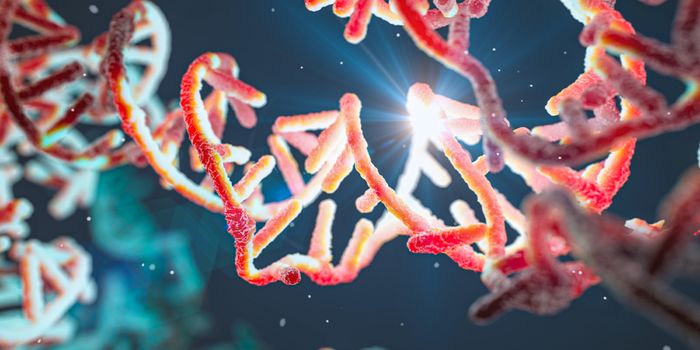Many Psychiatric Disorders Share Genetic Features
Scientists have found that some different psychiatric disorders may share a common molecular basis. Reporting in Science, the international team of investigators learned more about how small changes in many genes have a cumulative impact and can lead to brain diseases. Different kinds of psychiatric problems appear to share many of those small changes, or genetic variants. Neurological diseases like Alzheimer’s have a more defined genetic etiology, however.
"This work is starting to reshape how we think about disorders of the brain," said study co-senior author Ben Neale, director of population genetics in the Stanley Center at Broad Institute of MIT. "If we can uncover the genetic influences and patterns of overlap between different disorders, then we might be able to better understand the root causes of these conditions, and potentially identify specific mechanisms appropriate for tailored treatments."
The brain is a very challenging organ to study, and one that we still don’t know a lot about. Some patients are affected by more than one brain disorder. Those complications make it very difficult to understand the causes and development of the diseases.
In this work, the researchers turned to genetics to learn more. The groups pooled their data, assessing the genetic variations that were associated with 25 neurological and psychiatric disorders. On their own, the variants don’t contribute much to the development of disease, so a huge sample size is required to find significance in small differences.
A genome-wide association study (GWAS), which is designed to find those small changes that contribute to disease development, was used by the team to sort through the genomes of 265,218 patient and 784,643 control samples. In addition, they looked for links between physical or cognitive characteristics and brain disorders in a staggering 1,191,588 people, collected from GWAS studies researching common brain disorders.
"This was an unprecedented effort in sharing data, from hundreds of researchers all around the world, to improve our understanding of the brain," said first author Verneri Anttila, a postdoctoral research fellow in the Neale lab.
There turned out to be a lot of overlap among psychiatric disorders. Connections between attention-deficit/hyperactivity disorder (ADHD), depression, bipolar disorder, and schizophrenia were particularly pronounced. Anorexia and obsessive-compulsive disorder (OCD) were also found to be similar to one another, as were OCD and Tourette syndrome.
Migraine headache was the only disorder that was correlated with psychiatric disease (ADHD, depression and Tourette syndrome). Parkinson's and multiple sclerosis, however, were more distinctive from each other and from the psychiatric diseases.
That suggested to the researchers that the clinical approach to classifying psychiatric disorders is wrong. "The tradition of drawing these sharp lines when patients are diagnosed probably doesn't follow the reality, where mechanisms in the brain might cause overlapping symptoms," explained Neale.
The scientists found that a genetic predisposition to anorexia, autism, OCD and bipolar was strongly associated with factors linked to high measures of childhood cognition, like a college education. Neurological diseases, especially stroke and Alzheimer’s, had a negative association with those cognitive levels.
"We were surprised that genetic factors of some neurological diseases, normally associated with the elderly, were negatively linked to genetic factors affecting early cognitive measures. It was also surprising that the genetic factors related to many psychiatric disorders were positively correlated with educational attainment," said Anttila. "We'll need more work and even larger sample sizes to understand these connections."
The data from the GWAS study are free to access online. The researchers want to continue their work to learn more about traits and variants. They want to find the physiological mechanisms underlying brain disorders.
Sources: Science Daily via Broad Institute, Science









